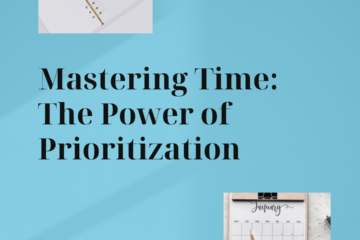Decision Making
The Impact of Cognitive Biases on Decision Making
In this age of “information overload,” our minds are constantly being hit with data, from the news in the morning to all the alerts on our phones. Our brain, an evolutionary marvel, tries to be as efficient as possible by processing information at the speed of light. In our haste to streamline, we often take mental shortcuts that lead to cognitive biases that affect how we do decision making without us realizing it. These biases can help us sometimes, but they can also lead us astray, clouding our judgment and taking us away from objective thinking. These mental tendencies aren’t just oddities; they’re strong forces that affect how we think, what we do, and how we connect with others. Realizing their power is the first thing we can do to protect ourselves from being led astray by them.









